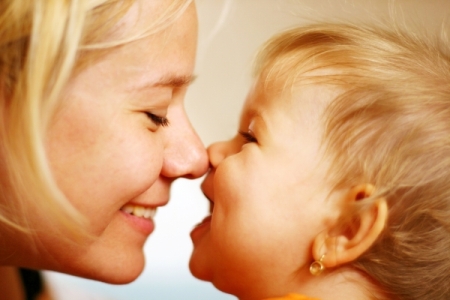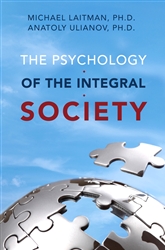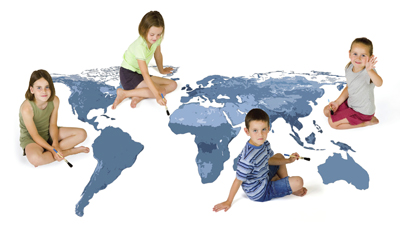
“If we create an environment that has the qualities of bestowal and love, it will be just like a mother.” – Dr. Michael Laitman
Dr. Laitman: In principle, this is what the great commandment, “Love your neighbor as yourself,” talks about. You were instinctively made to feel what a mother is – the safest, kindest place in the world. You might already be a grownup, but you still instinctively aspire to this feeling just like a child.
So make the world be like that!
Dr. Ulianov: People really do long for it. What you are describing sounds wonderful, but it seems unrealistic.
Dr. Laitman: That means we have to think about how to make it happen. Besides, our nature obligates us to achieve this anyhow. The world is now starting to be revealed as an integral, global system. What does that mean? It means that the world is forcing us to treat each other the same as our mothers treated us. Then, together we will acquire precisely this state of being “in the mother’s womb.”
Dr. Ulianov: Are you saying that the globalization that scares people is actually a “large, loving mom” coming our way?
Dr. Laitman: This is a revolution, and how we go through it depends entirely on us. We can either go through it by th good path and joint efforts, understanding where we are going, or we will go through it completely disorientated, like a child who has lost its mother. Nature will force us to create a society that corresponds exactly to the image of our mother, Nature, “Mother Nature.”
Dr. Ulianov: Usually, mothers take it very hard when a child acquires independence, when his need to be next to her diminishes.
Dr. Laitman: In the ideal upbringing, when a child starts wishing to separate from the mother, to the extent that he desires it, he should build a surrounding environment, which replaces his mother, and gradually transfer her function to the society around him.
Nature has arranged things so a child will separate from the mother. This is inevitable. We just have to make the surrounding world replace the mother for every child, but precisely to the degree that the child has the right attitude toward the surrounding world.
A mother accepts her child however he is. He is hers. And to the world, he is “the world’s” or “not the world’s” depending on how correctly he treats the world. We have to create an environment that teaches the child the right attitude toward the world. Then the world will replace his mother for him.
The mother is the mother for the child’s body, while the world is the mother of the human being in a person, when he forms the right image out of himself. To the degree that he is “not yet a person,” meaning to the extent that he does not live in bestowal and love for others, the world will relate toward him differently, not as a mother.
Dr. Ulianov: One of the definitions of a psychological disorder is hypersensitivity to oneself and a lack of sensitivity to the outside world. If we create this structure, will we raise healthy children in that sense?
Dr. Laitman: Most importantly, they will be healthy in the spiritual sense. And naturally, it will be expressed in their physical well-being.
The above points were taken from the book The Psychology of the Integral Society by Dr. Michael Laitman and Dr. Anatoly Ulianov. Also available as eBook (PDF, Kindle & ePub formats).




